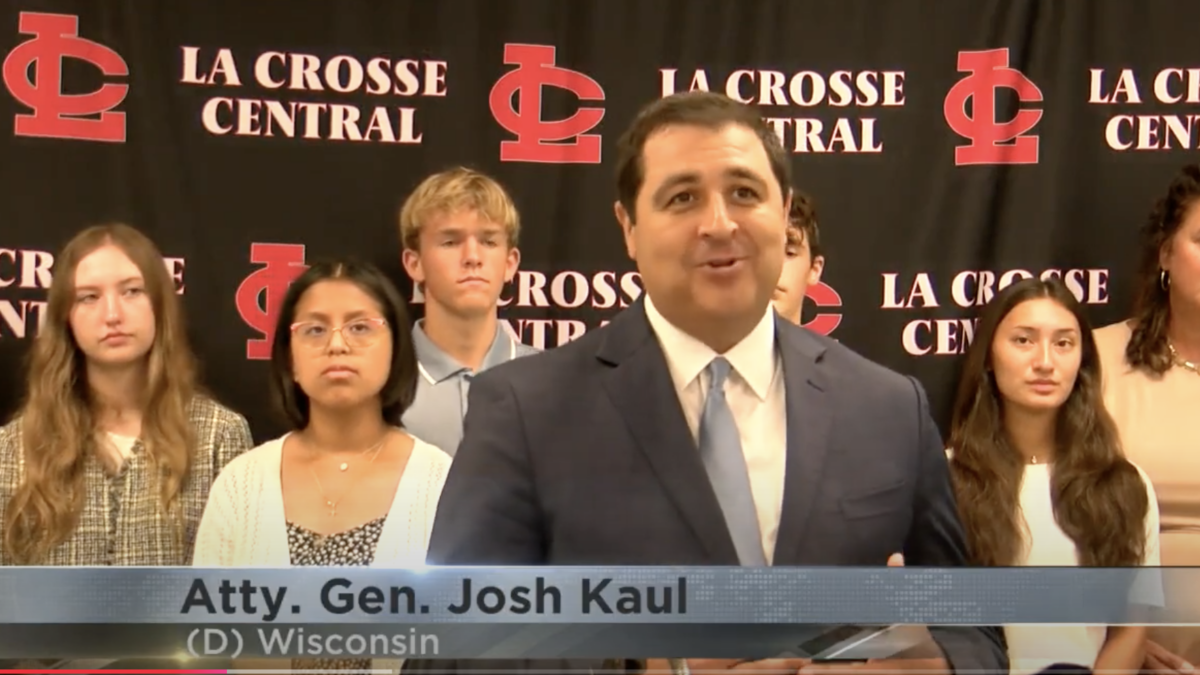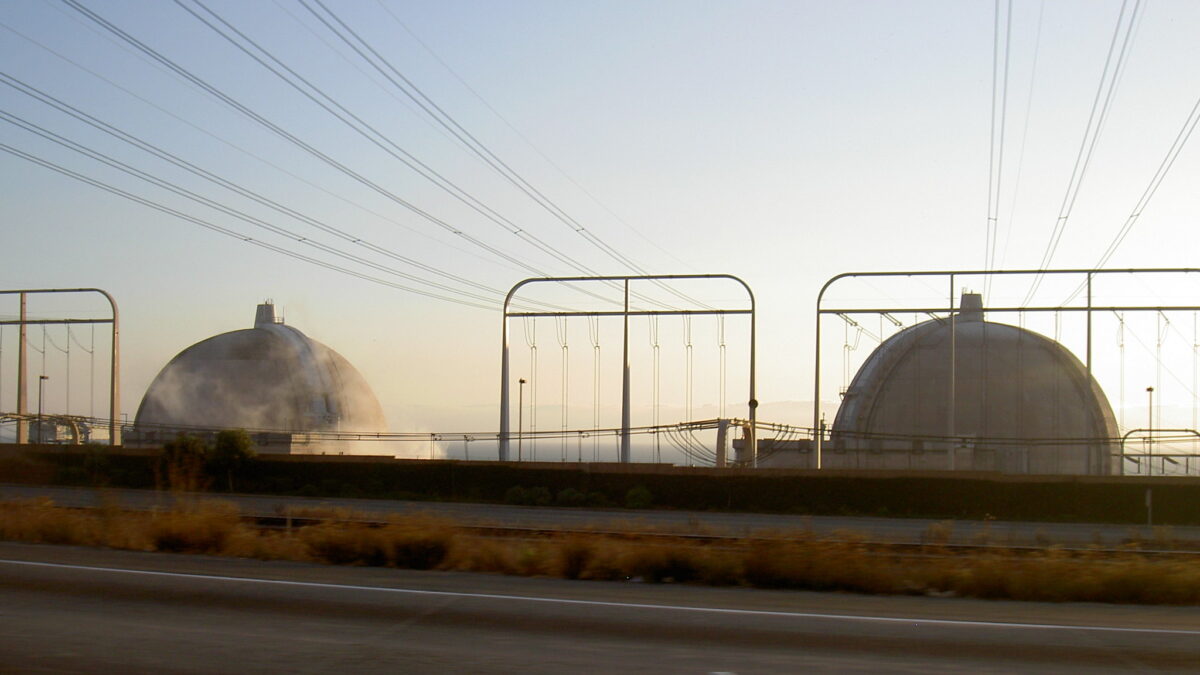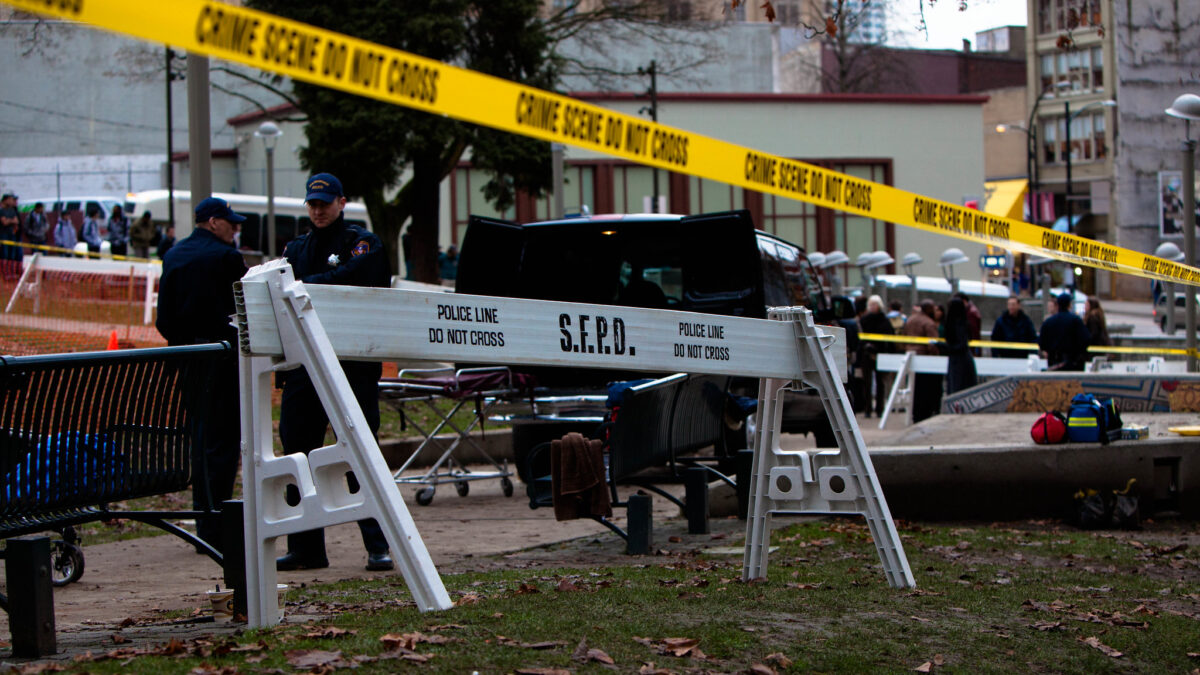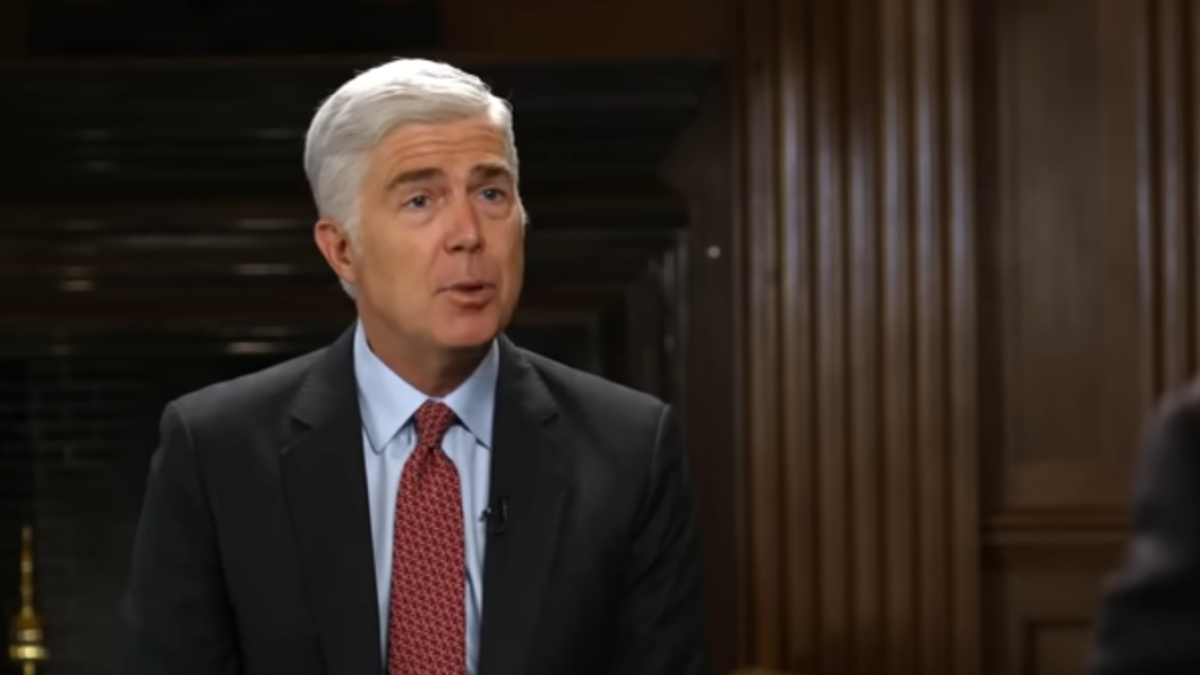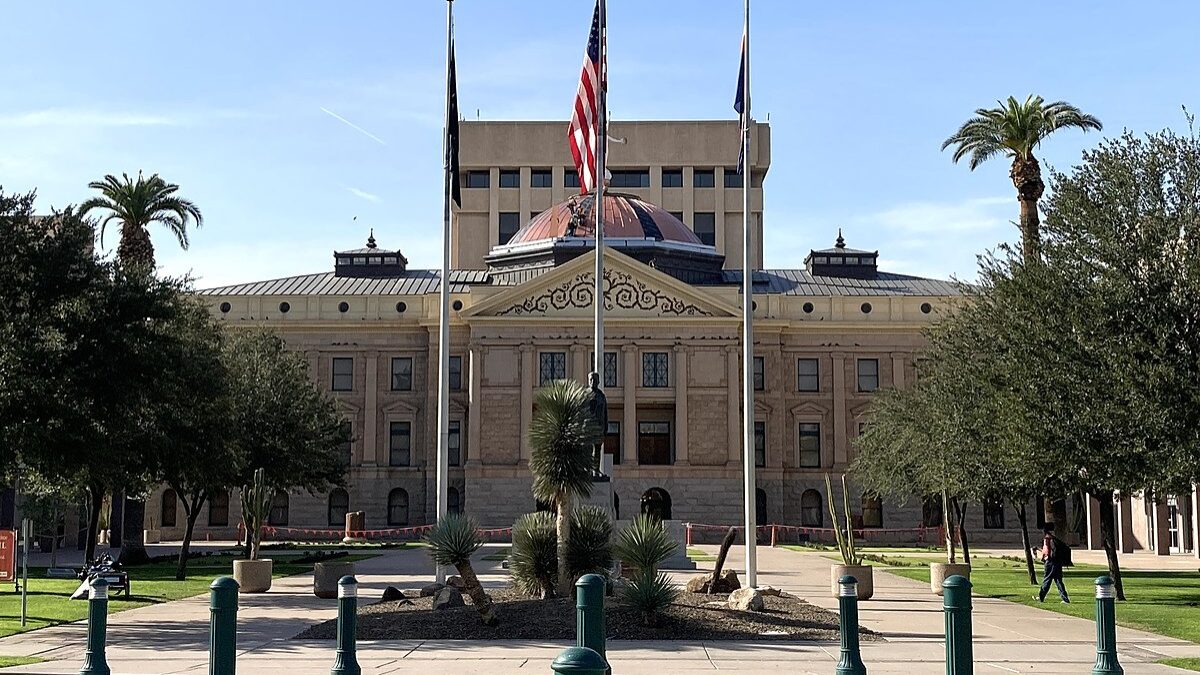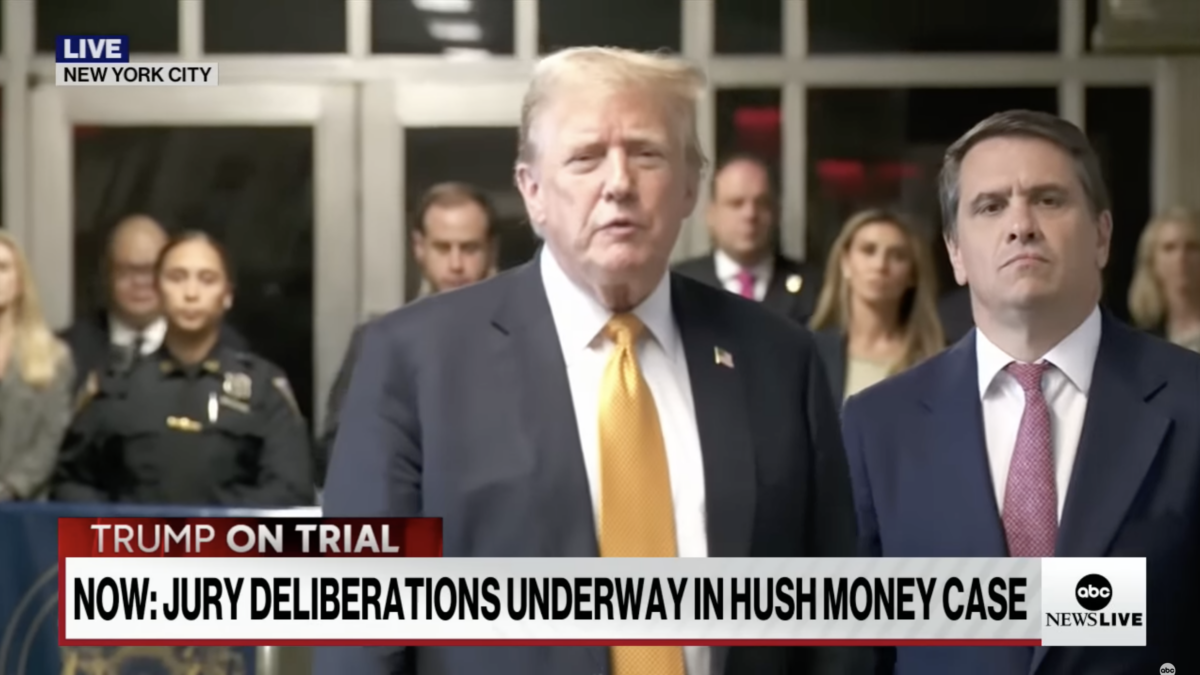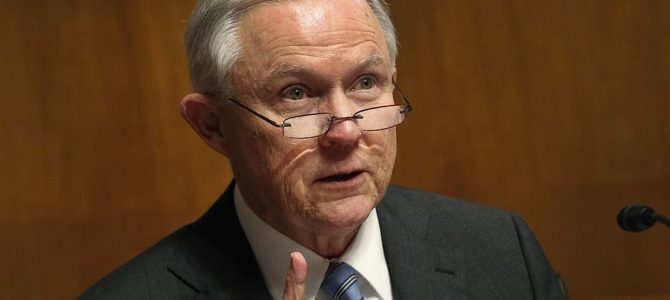
As momentum builds for Jeff Sessions to appoint a second Special Counsel to investigate potential surveillance abuse by the Obama administration, the law-and-order attorney general faces a dilemma: How to launch a wide-ranging probe in the mold of Special Counsel Robert Mueller’s investigation into the Trump campaign and Russia, when federal regulations provide for only a narrow and limited use of a special counsel.
The pressure on Sessions escalated last week when Bob Goodlatte, who chairs the House Judiciary Committee, and Trey Gowdy, who chairs the House Oversight and Government Reform Committee, sent him a joint-letter requesting he appoint a special counsel. The suggested scope for the requested investigation is broad.
Goodlatte and Gowdy asked for a review of decisions by the Justice Department and the FBI in 2016 and 2017, including “evidence of bias” by any federal employees or agencies involved in the investigation of Russian election meddling, indictment decisions, and whether the fall 2016 FISA process was undertaken appropriately and “devoid of extraneous influence.”
The Zeldin Letter And The Trump Tweet
Their request followed a tweet from President Trump lambasting Sessions for referring an investigation into potential FISA abuse to the Inspector General of the Justice Department. Trump called the move “disgraceful,” and 13 congressmen led by Republican Rep. Lee Zeldin requested Sessions appoint a special counsel instead.
The Zeldin letter also requested an expansive investigation into “decisions and activities” by leaders of the Justice Department and FBI regarding how and why the Hillary Clinton email probe ended, and how and why the Trump-Russia probe began. The congressmen also sought an investigation into “important questions” involving “FISA warrants targeting U.S. citizen Carter Page.”
Sessions sidestepped the Zeldin letter, but couldn’t ignore the letter from Goodlatte and Gowdy, given their influence as powerful committee chairmen. In response to the second March letter, he acknowledged he was “seriously” weighing the possibility of appointing a second special counsel to investigate the Obama administration according to their concerns.
As Sessions weighs this possibility, though, he faces a difficulty: Republicans seek a special prosecutor to conduct a wide-ranging investigation into Democrat misconduct, but federal regulations allow for the appointment of a special counsel in limited circumstances. The attorney general may appoint a special counsel only upon concluding “that criminal investigation of a person or matter is warranted” and then only if there is a conflict of interest for the Justice Department, or if other extraordinary circumstances exist. Additionally, it must be in the public interest to appoint an outside special counsel.
National Review’s Andrew McCarthy editorialized against the appointment of a special counsel, stressing the narrow legal authority for making such an appointment.
“Rosenstein failed to adhere to the regulations, [in] appointing Mueller to conduct a counterintelligence investigation,” he wrote, referring to Acting Attorney General Rod Rosenstein, but that doesn’t mean Republicans should make the same mistake. Instead, McCarthy suggests, Sessions should assign a Justice Department attorney from outside Washington to investigate how the FBI and Justice Department handled the Clinton and Trump-Russia probes.
The Problem With The Good Option
The problem with that idea, which Trump also suggested in his tweet criticizing Sessions, is that Democrats would likely claim a U.S. attorney lacks the independence necessary to conduct the investigation. They would push to keep the probe within the authority of the Inspector General’s office. Democrats could easily support their position by pointing to Republicans who publicly defended Inspector General Michael Horowitz, after Trump’s tweet attacking the Sessions decision.
Sessions has countered criticism of the inspector general, telling Fox News, “Some think that our inspector general is not very strong. But he has almost 500 employees, most of which are lawyers and prosecutors, and they are looking at the FISA process.”
The comments were intended to reassure, but actually highlight the need to pull the probe from the inspector general’s office.
Horowitz, whom Republican and Democrats alike have defended as “fair” and “fact-centric,” is but the head of a sprawling bureaucracy staffed by long-time Washington insiders. The career employees in the inspector general’s office hold the same potential for political passions and prejudices that tainted the Justice Department and FBI’s Clinton and Russia probes, including the FISA warrant targeting Page.
For instance, Assistant Inspector General Daniel C. Beckhard, who heads the Oversight and Review Division of the Inspector General’s office, donated to “Obama for America” in 2012, when Obama and Joe Biden ran for reelection. Beckhard’s division is charged with conducting “special reviews and investigations of sensitive allegations” involving the Justice Department, and often undertakes investigations at the request of Congress, senior Justice Department managers, or the Attorney General.
Political bias aside, the inspector general’s office also lacks the tools necessary to conduct a proper investigation, while a special counsel or U.S. attorney would have broad powers. McCarthy writes: “Unlike the inspector general, the U.S. attorney would have full jurisdiction to convene a grand jury; investigate any crimes attendant to the Clinton-emails and Trump-Russia probes; issue subpoenas and seek other court process (such as search warrants) to secure evidence; and prosecute any violations of law by persons inside or outside of government.”
If the Democrats want to avoid the drama destined to descend on D.C. with the appointment of a second special counsel, they would be wise to preempt Session’s decision and propose the McCarthy solution. And they better act quickly, because Sessions has said he is “seriously” considering appointing a second special counsel, and has already appointed a Washington outsider with “many years in the Department of Justice” to look into the concerns outlined in the Goodlatte, Gowdy letter.
Given the seriousness with which Sessions regards the strictures of the law, that individual is likely assessing whether the misconduct catalogued in the two Republican letters “warrants a criminal investigation,” according to federal law. There is hope for those pushing for a special counsel, because the one thing equal to the sprawling breadth of misconduct in government is the tentacle reach of the federal criminal code.


